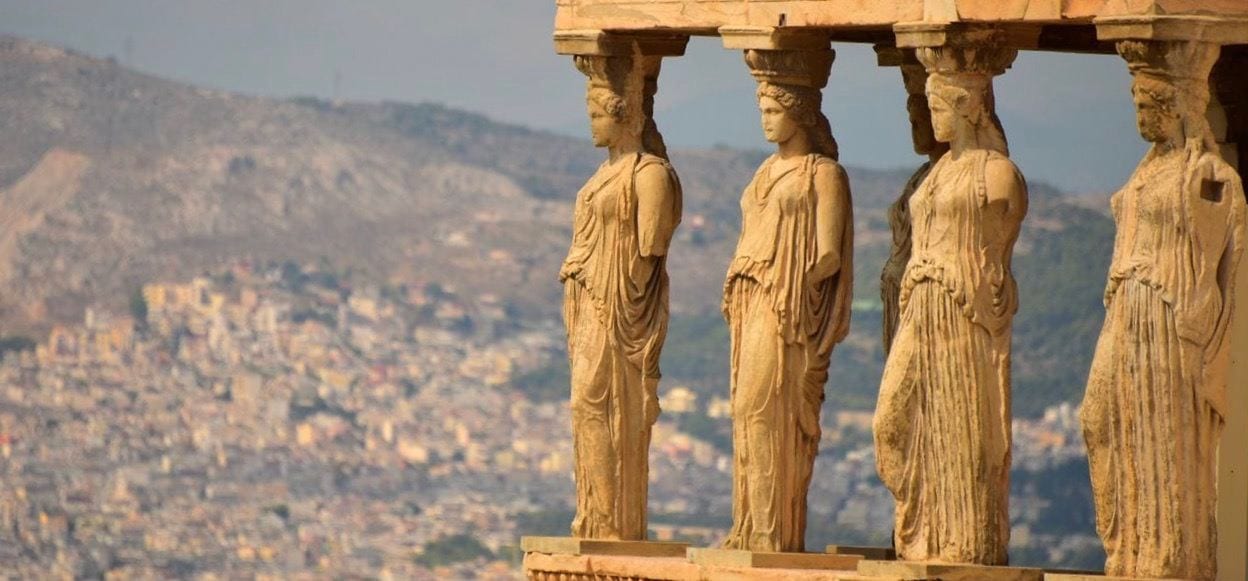Classics Major and Minor

Classics Major and Minor
In Classics, students wrestle with fundamental questions that have shaped humanity. Studying the wellspring of Western thinking gives students a wider perspective and deeper understanding of the problems and opportunities that confront modern society.
As the original interdisciplinary field of study, students approach Classics through a range of courses and interests – archaeology, art, art history, history, language, literature, philosophy, religious studies, and theology. Studying in the Classics enables students to engage with all of these disciplines and trains students to make connections.
The study of the Classics teaches analytical thinking, a solid memory, close attention to detail, and the ability to see the “big picture” and small details at the same time.
What can you do with a Classics Major/Minor?
The study of Classics prepares students for a wide range of professional careers. In addition to providing excellent preparation for those interested in teaching and research, students studying the Classics develop the skills that are highly sought after in a wide range of fields, including business, government, law, medicine, and writing.
Requirements for the Classics Major
A major in classics requires student to take 11 classes (33 credits):
- 6 classes in ancient Greek and/or Latin (in any combination)
- Any course in Greek history
- Any course in Roman history
- 3 electives in Greek, Latin, Classics, or approved courses in History, Art History, Philosophy, or Theology.
Requirements for the Classics Minors
A minor in classics requires student to take 6 classes (18 credits):
Classical Languages minor:
- 4 classes in ancient Greek and/or Latin (in any combination)
- 2 electives from list of approved courses by the Department in Classics, History, Greek, and/or Latin, only one of which can be an approved course from outside the Department of History and Classics.
Classical History and Cultures minor:
- A minimum of one course in Greek history or culture
- A minimum of one course in Roman history or culture
- Four additional courses chosen from the list of approved courses offered by the Department of History and Classics (Classics, History, Greek, and Latin), although students may choose to substitute up to two of these electives with an approved course from an affiliated department.
Latin majors or minors with an Advanced Placement grade of 4 or 5 on the A.P. Latin exam will be given a one-course reduction in the required language courses. Students should consult the Classics coordinator for Latin course placement.
What’s new in Classics at PC?
- Dr. Jessica Blum-Sorensen gives a Halloween history of the toga in the Roman Empire
@provcollege on Instagram: https://www.instagram.com/reel/Cy7C-v8LYzk/?utm_source=ig_web_copy_link&igshid=MzRlODBiNWFlZA== - Dr. Robin Greene was awarded the 2020-21 Joseph R. Accinno Faculty Teaching Award, presented annually to the Providence College faculty member “who best exhibits excellence in teaching, passion and enthusiasm for learning, and genuine concern for students’ academic and personal growth.”





